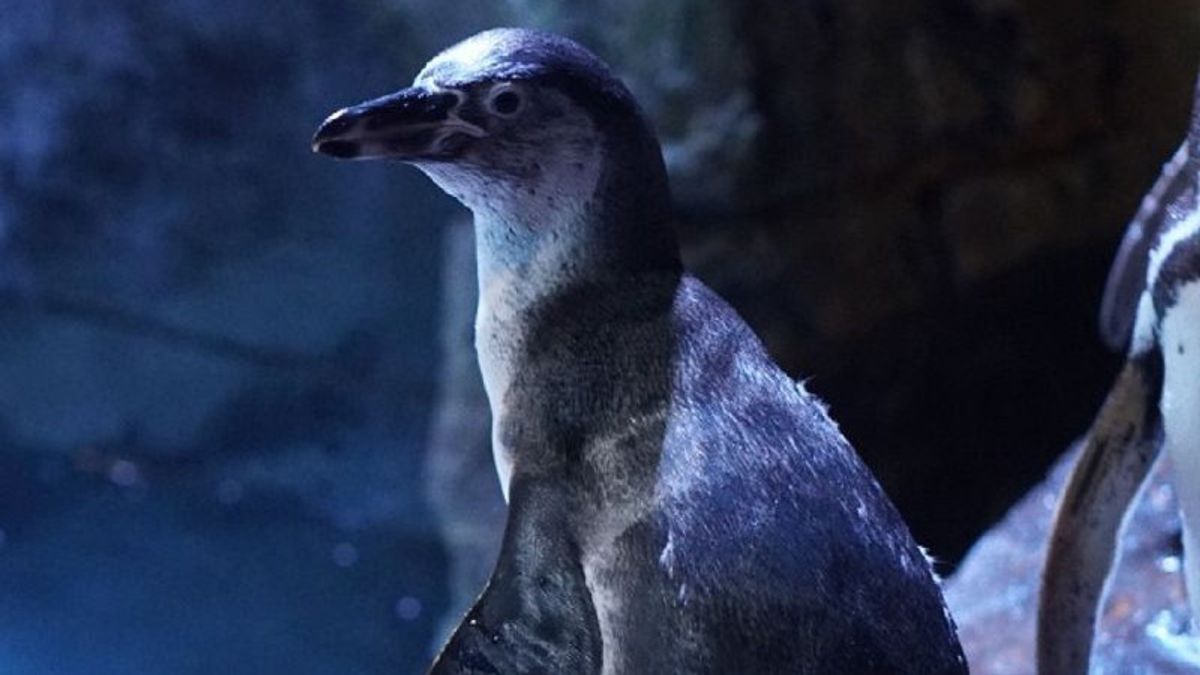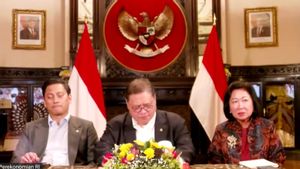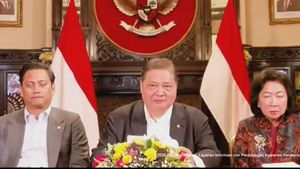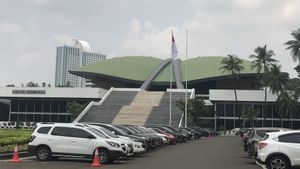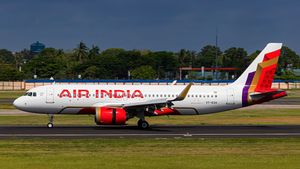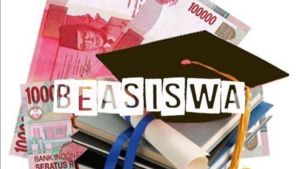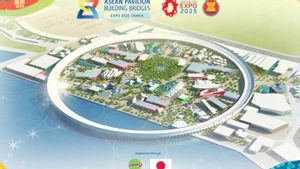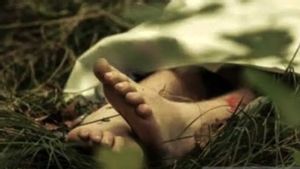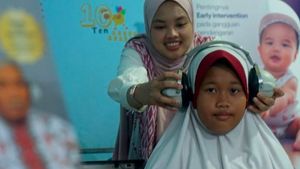TANGERANG - Jakarta Aquarium & Safari (JAQS) announced the birth of two Humboldt babies and became the newest family members of the animal conservation house.
"We are very grateful and happy to welcome the birth of two new babies in our home. This is proof that our conservation efforts are going well. Hopefully, more and more animals will be born healthy on JAQS, as part of the sustainability of life on earth," said General Manager of Jakarta Aquarium & Safari Angela Stella in a statement in Tangerang, Banten, Antara, Friday, April 18.
Until now, the two babies have not been named and will soon become part of the educative program and the JAQS animal conservation campaign.
The two new baby penguin is now under the supervision of the Life and Science Jakarta Arium & Safari team to ensure their growth and development runs optimally until they know the gender of each other before the two chickens are named.
Angela added that this birth is clear evidence that Jakarta Aquarium & Safari is able to create a healthy and safe environment for animals, just like its natural habitat.
This success also strengthens the position of Jakarta Aquarium & Safari as a modern conservation agency that not only acts as a means of education and recreation, but also actively preserves animals and the environment.
Jakarta Aquarium & Safari will also continue to expand conservation programs and educational campaigns to the wider community, including by opening up opportunities for the public to get to know the animals more closely through interactive programs and digital activities such as the campaign for naming the baby next to be held in the near future.
SEE ALSO:
"JAQS invites the public to participate in welcoming the presence of this new family member and be part of the animal conservation mission in Indonesia," he said.
Jakarta Aquarium & Safari (JAQS) is the largest indoor aquarium tour in Indonesia as a result of the collaboration between Taman Safari Indonesia and Aquaria KLC, Malaysia. Established since 2017, JAQS has more than 3,500 aquatic and non-aquatic animals.
The English, Chinese, Japanese, Arabic, and French versions are automatically generated by the AI. So there may still be inaccuracies in translating, please always see Indonesian as our main language. (system supported by DigitalSiber.id)
